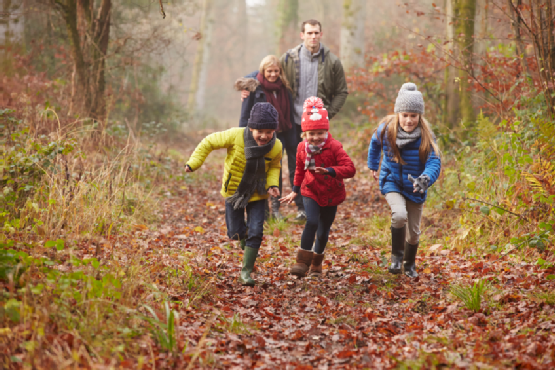A diagnosis of autism can change the life of not only the child with it but also the lives of his parents, siblings, and other relatives. For the parents of children with autism, it’s important to both address the immediate demands of their children and the more far-reaching needs of their families. Understanding how autism can impact family dynamics is the first step toward cultivating a happy and healthy home life.

Spousal Relationships
Upon having children, many parents quickly realize how difficult it can be to find time for themselves. When one of those children has autism, the time, energy, and emotional demands on parents can considerably increase . However, being able to raise a healthy child with autism means having a strong marital bond. To successfully cope with and address the needs of their families, parents must also nurture their own relationships. Communication is key for developing a enduring marriage, as well as private time away from children.
Sibling Reactions
Regardless of age, the siblings of children with autism can feel the impact of a behavior disorder diagnosis. They may note the increased time and attention spent with a brother or sister with autism, or they may feel the emotional effects of seeing a sibling display unusual behaviors while in public or with friends. Studies indicate that many children who have siblings with autism tend to be emotionally stable, but parents should still take steps to ensure the wellbeing of their other children. Despite the demands of having a child with autism, parents should make regular efforts to develop strong relationships with all of their children.
Family Activities
Spending the day at a party or recreational venue may be a common occurrence for many families, but parents who have children with autism may hesitate to bring their kids to unfamiliar places where they could experience disruptive behaviors. Yet behavior disorders specialists encourage parents to maintain an active family life. Though parents may need to be more selective in their outing choices, they need not refrain from enjoyable activities that can ultimately enhance their bond as a family.
The Behavior Exchange in Dallas helps children with autism thrive. Our behavior classes can teach students how to effectively interact with others and enjoy family activities. For more information, call (972) 312-8733 or visit our website .
